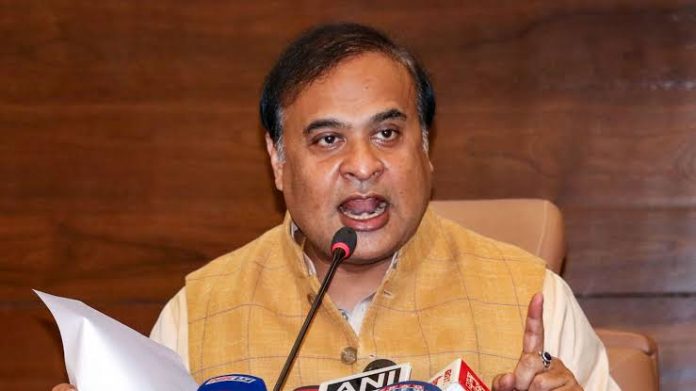22 August 2024: The Assam Cabinet has made a policy change concerning the registration of Muslim marriages in the state. Chief Minister Himanta Biswa Sarma announced on Wednesday that moving forward, only government sub-registrars will have the authority to register Muslim marriages, effectively removing Qazis from the official registration process, multiple reports said.
This decision was initiated by an ordinance issued earlier by the state government, and the Cabinet has now decided to introduce a formal bill to solidify this change.
CM Sarma clarified that while Qazis will no longer handle the legal registration, this will not affect the traditional rituals associated with Muslim marriages. “Our bill does not interfere with the cultural practices of different communities. The traditional rituals will remain intact, whether it is a Hindu or a Muslim marriage,” he stated.
In addition to this change, the new law will strictly prohibit the registration of marriages involving Muslim minors. Specifically, it will prevent the registration of marriages for boys under the age of 21 and girls under the age of 18.
The Assam Cabinet also addressed other issues, including the expansion of the Orunoday scheme, a flagship welfare program of the state government. CM Sarma revealed that a survey conducted ahead of the upcoming Lok Sabha elections identified approximately 10 lakh women in the state who were not receiving benefits from the Orunoday scheme. As a result, the government has decided to include 12,60,000 new beneficiaries in the program, with a target of adding at least 10,000 new beneficiaries in each assembly segment across the state.
From a Muslim perspective, many community members have expressed concern over this move, asserting that there is no need for government interference in Muslim affairs. They argue that Qazis have traditionally played a crucial role in the registration of marriages, rooted in Islamic practices, and that such changes might undermine the community’s autonomy in managing its own religious and cultural matters. The sentiment is that the government should respect and preserve the internal practices of religious communities rather than impose external regulations.




